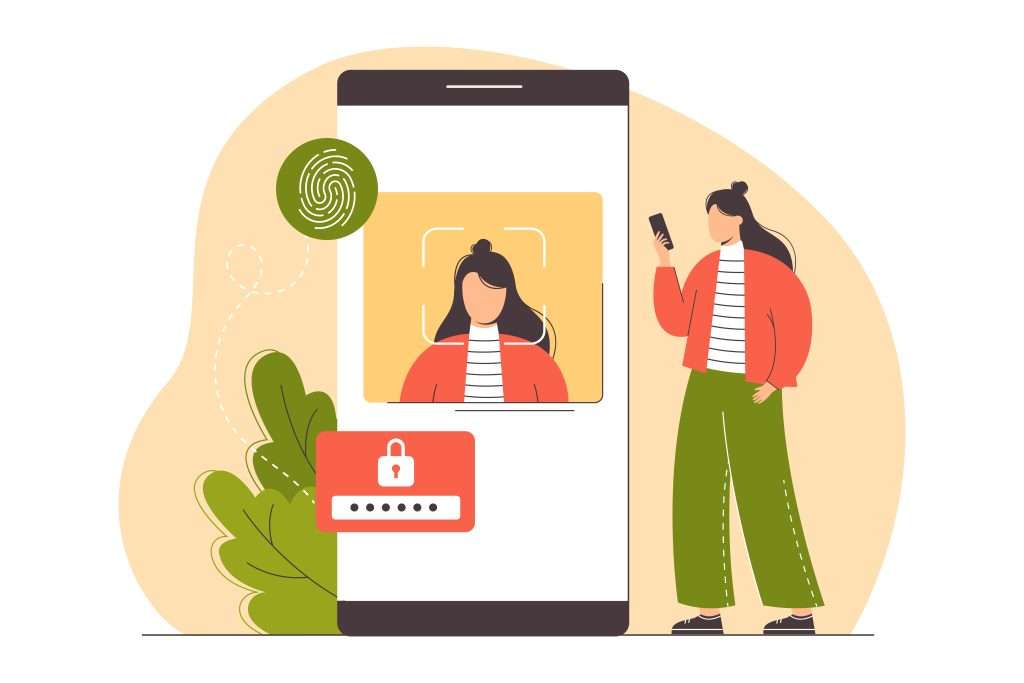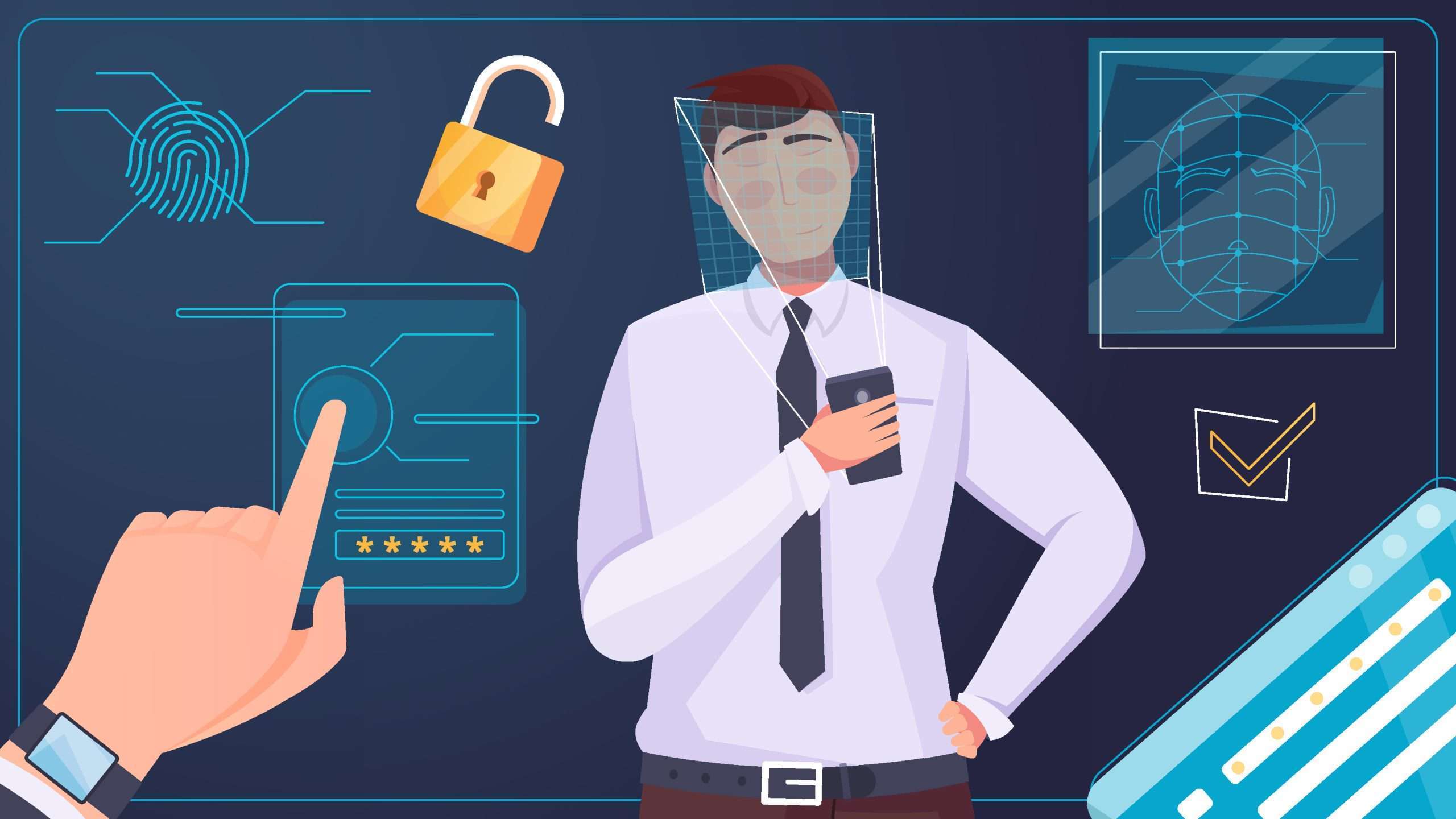Two-factor authentication (2FA) is a highly effective security measure significantly reduces the risk of cybercriminals accessing an email account. It pairs something the user knows (like a password) with something they have (like their phone for receiving a verification code).
Essentially, 2FA makes it incredibly hard for anyone other than the authorized user to access the email account, thus increasing its security manifold.
Why is one-factor authentication not sufficient for email security?
One-factor authentication, commonly in single passwords, poses a significant security risk because it’s susceptible to various cyber-attacks. For example, password cracking – where cybercriminals use sophisticated software to guess passwords – can easily bypass this security level. ❌
Similarly, these passwords can be stolen through simple phishing attacks, keyloggers, or even social engineering.
Essentially, with just one line of defense, if that is breached, there’s nothing left to stop unauthorized access. Hence, incorporating a second level of authentication becomes vital.
What makes two-factor authentication more secure?
Two-factor authentication adds an extra layer of security to your emails, making unauthorized access more challenging.
It involves the use of two different types of identification. One is typically something you know (like a password), and the other tends to be something you have (like a one-time passcode sent to your phone). 🔒
Even if a hacker gets hold of your password, they would also need the second factor (usually your mobile device) to gain access, making it a formidable barrier. This significantly reduces the chances of your email account getting compromised.

How can two-factor authentication prevent phishing attacks?
Phishing attacks trick users into revealing their login credentials by mimicking legitimate websites. However, two-factor authentication effectively counters these attacks. 🎣
Even if the cybercriminal retrieves your password through a phishing scam, they would still require the second authentication factor, making it much harder for them to access your account.
This provides a considerable advantage, particularly in company settings, where phishing attacks can lead to disastrous data breaches. It substantially protects your email security by adding that additional layer to confirm authenticity before login.
What are the potential limitations of two-factor authentication?
While two-factor authentication greatly improves email security, it’s not foolproof. For instance, if a hacker can duplicate your SIM card, they can intercept your verification codes.
There’s also the risk of man-in-the-middle attacks, where hackers can intercept your communications during the authentication process through a compromised network.
Despite these potential vulnerabilities, the application of 2FA presents a significant challenge for cybercriminals and significantly reduces the risk of email account compromise. The key is to combine 2FA with other protective measures for optimal security.
Always remember, in cybersecurity, no single method can provide full protection. It’s all about layering different techniques to create the most sturdy defense possible.
Conclusion
In conclusion, two-factor authentication plays a significant role in securing email accounts. While it may not be perfect, it provides a robust line of defense against unwanted intrusions and reduces the likelihood of successful cyberattacks.
You can visit our main article on ‘Email Security Mastery: Navigating Best Practices for Digital Success’ for an in-depth analysis of two-factor authentication and related email security measures.
Using strong, unique passwords and enabling 2FA wherever possible are some basic but crucial steps users must take in the modern cyber landscape. 🔐🔐
- The Agentic Startup Manifesto - June 8, 2025
- Remote Hiring in 2025 - April 5, 2025
- Burnout in Remote Teams: How It’s Draining Your Profits - January 27, 2025
